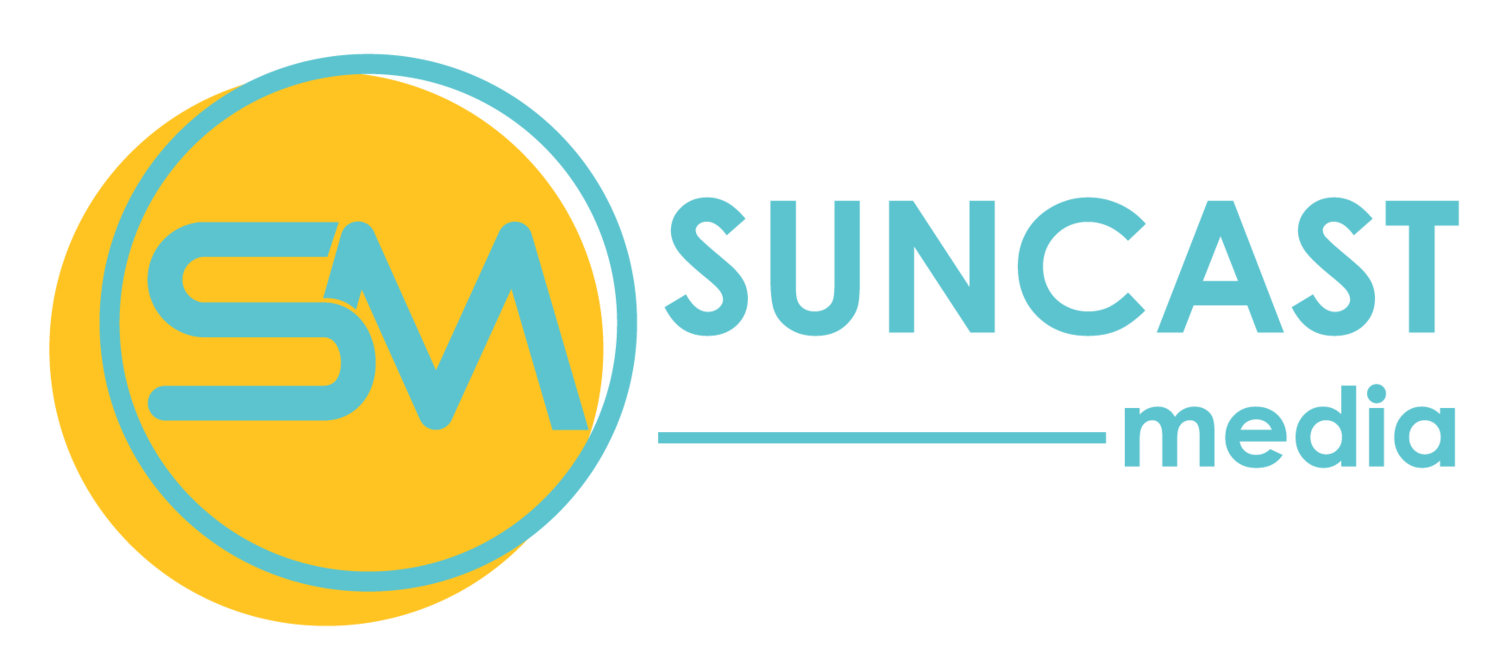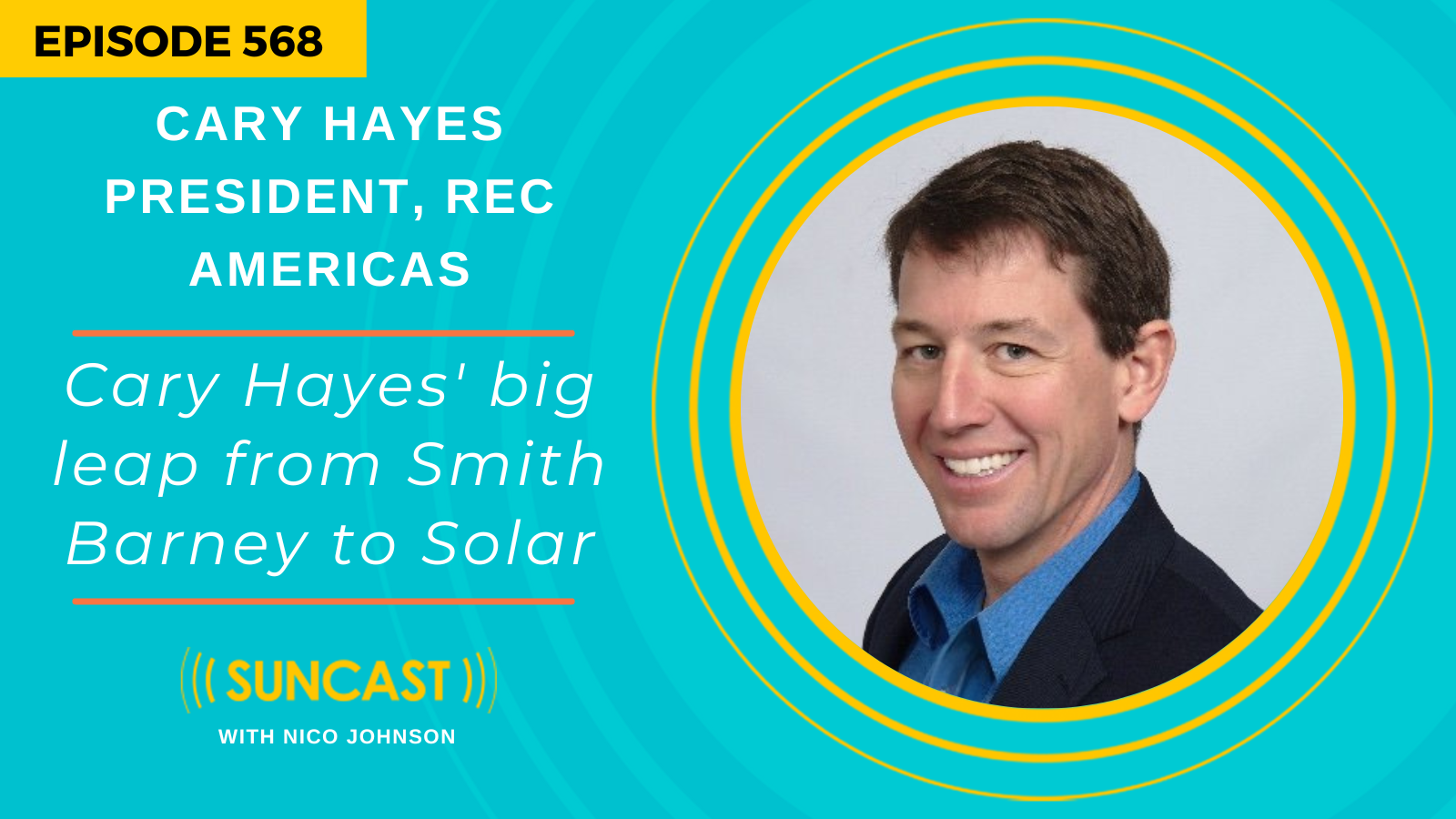We'd love if you'd leave us a 5 ⭐ rating & review and it's never been easier: www.ratethispodcast.com/suncast
Shannon Miller is a remarkable woman. She has a bachelor's, master's and a Ph.D. in mechanical engineering from Stanford University and was recognized in 2012 by the MIT Technology Review as one of the "35 Innovators Under 35." Last year, she earned recognition for advancing women's leadership in clean energy as one of only nine annual DOE awardees for the C3E initiative.
She considers herself a pragmatic optimist — a dreamer with the vision, education and scientific knowledge to accelerate the transition to a zero-carbon electric grid. And in today's Tactical Tuesday, you'll learn more about the person behind the success as we explore Shannon's background, motivations, and core values.
Shannon is the chief executive officer and co-founder of Mainspring Energy — a Menlo Park company that believes the long-sought clean, efficient, affordable, and resilient grid is within reach. Mainspring is developing a new linear generator that converts multiple fuel types to electricity.
We share greater detail about the innovative generator in Episode 533. But we wanted to revisit that conversation to highlight some of Shannon's traits and motivations to give a sense of how she got where she is today.
"If you keep your mind open to sometimes wacky ideas, you can often find a path you didn't think was viable before," Shannon said.
She describes her parents and brother as "amazing, wonderful, supportive people that I won the lottery with" and refers to her grandfather, who started a company after fighting in WWII, as one of her early heroes.
She switched her college major from chemistry to engineering after taking a thermodynamics course on the advice of her freshman-year residence assistant. "It was just so mind-blowing because I learned how everything around me worked — refrigerators, car engines, and the basics of the world. It was fascinating and something I wanted to continue," she recalled.
Christopher Edwards, professor of mechanical engineering, emeritus at Stanford, taught the course. He became Shannon's Ph.D. advisor and later pulled her back to the idea she had researched as the basis for her company.
"Words do not capture the gratitude I feel for what he's given me," she said. "He instilled a passion for energy, a passion for learning and a deep, deep respect for first principles thinking, and has inspired so many folks in the energy field. He's one of my heroes and mentors, and I know many others feel the same way."
A former National Science Foundation Fellow, Shannon received funding from the Global Climate Energy Project to advance her research at Stanford. She collaborated with Mainspring Co-Founder and Chief Technology Officer Matt Svrcek to design and develop the early prototype that was the foundation for Mainspring's linear generator technology.
Join me to hear how Shannon seized opportunities and grew personally and professionally to build amazing success.
NOTEWORTHY QUOTEs:
Pragmatic Optimism
Proactive Collaboration
Excellence Without Ego
And then the third one is excellence without ego. And so this is really around trying to always be improving, always be striving for excellence and to have the sort of humility to get the feedback to know that you can always be doing better.
Advice for job seekers:
as you're choosing companies, you're focused on in climate look also for things like core values, and interview [them] for that when you're interviewing at a company, and hopefully you can find a place where you find that match.
Advice from an investor:
tackle the highest risk and the hardest problems first, because, you know, what you don't want to do is, I mean, there's money at stake, but there's also your life at stake and time, like you said at the beginning is your most important and the only non renewable asset and so you don't want to waste a bunch of time doing the easy things and then find out that you've had a roadblock that stops that makes the business a non starter and so they always recommend it, you know, and push really hard to say what's the hardest highest risk thing in the company. Make sure you do that first and tackle that first before anything else.
Thanks again to this week's sponsor, helping keep the podcast FREE to you!
SUNGROW focuses on integrated energy storage system solutions, including PCS, lithium-ion batteries and energy management system. Pleae visit https://www.mysuncast.com/sungrow
ABOUT THE HOST OF SUNCAST:
Nico Johnson is the creator and host of SunCast, consistently rated a top solar podcast in the clean energy sector. The content of the show is geared towards listeners looking for insights on where the markets are headed, how to position themselves or their companies, and what today's market leaders do to stay ahead of the pack.
Nico is an Investor, Executive Coach, and 16-year veteran of the solar industry, having led development in the US and Latin America for global companies like Trina Solar and Conergy.
You can connect with Nico Johnson on Twitter, LinkedIn or email.
If you’ve been second-guessing your work decisions or maybe trying to reconsider how you "fit" in the renewable energy industry -> grab 20 minutes on Nico's calendar and discuss whether having him as Your personal coach might be the right next step.






















